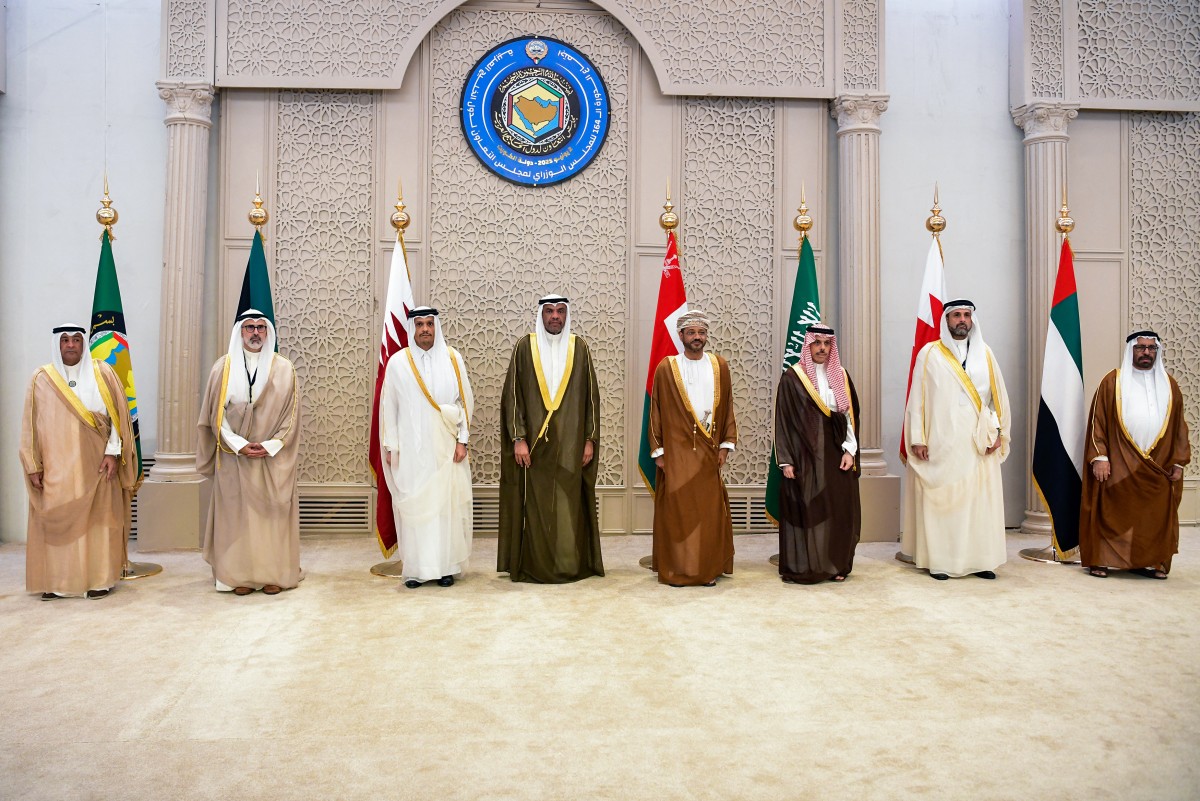Dubai, UAE – As the region pivots toward a post-oil future, recent developments across the Middle East and North Africa suggest an accelerating shift—driven by policy ambition, digital reform, and investment recalibration.
Saudi Arabia Doubles Down on Diversification
In Riyadh, Vision 2030 remains the compass guiding Saudi Arabia’s every move. The government announced a $5.6 billion fertilizer JV between SABIC and Aramco, while also adopting new green building codes to reduce emissions. The Ministry of Industry unveiled major manufacturing initiatives aimed at boosting non-oil exports, and the National Tourism Strategy is being retooled to integrate AI for forecasting and personalization. Still, concerns persist: an IMF note flagged that Saudi needs oil prices above $96/barrel to balance its budget, underlining the fiscal strain beneath the surface.
UAE Bets Big on AI, Regulation, and Global Capital
The UAE continues to set the regional pace on innovation policy. From launching the world’s first AI-powered media council to streamlining family business succession laws, Abu Dhabi and Dubai are reinventing the regulatory ecosystem to attract both local and global capital. ADQ, Mubadala, and other state investors are scaling up their presence in global tech, while CEPA deals with countries like Jordan and Singapore signal the country’s diplomatic agility. The UAE’s proactive digital transition and energy resilience planning further strengthen its position as the Gulf’s testbed for governance modernization.
GCC Charts a Shared Vision for the Knowledge Economy
Gulf ministers echoed a unified message at the World Governments Summit in Dubai: the region’s future lies in becoming an “economy of ideas.” AI-led transformation was a recurring theme, with over 90% of top GCC capability centres reportedly investing in AI centres of excellence. A new customs integration framework was also discussed to facilitate smoother intra-GCC trade. With a 4% regional GDP growth forecast for 2025, the Gulf’s diversification efforts—spanning logistics, health, and digital finance—are gaining real momentum.
MENA Faces Slowdown, But Reform Keeps Moving
Beyond the Gulf, the broader MENA region faces a more mixed outlook. The IMF has revised 2025 growth projections downward to 2.6%, largely due to inflationary pressure and fragile geopolitical conditions. Yet several countries are pushing forward. Egypt is regaining growth footing via renewed tourism and agriculture investment. Iraq’s ambitious Development Road project has entered a new phase with TIR system activation, while Morocco is hosting a major UNEP green finance roundtable. Jordan’s trade partnership with the UAE under CEPA is also being operationalized, hinting at a broader regional trade reset.
MENA Outlook: Diversification, AI, and Economic Integration Take Center Stage
As the region pivots toward a post-oil future, recent developments across the Middle East and North Africa suggest an accelerating shift—driven by policy ambition, digital reform, and investment recalibration.
Saudi Arabia Doubles Down on Diversification
In Riyadh, Vision 2030 remains the compass guiding Saudi Arabia’s every move. The government announced a $5.6 billion fertilizer JV between SABIC and Aramco, while also adopting new green building codes to reduce emissions. The Ministry of Industry unveiled major manufacturing initiatives aimed at boosting non-oil exports, and the National Tourism Strategy is being retooled to integrate AI for forecasting and personalization. Still, concerns persist: an IMF note flagged that Saudi needs oil prices above $96/barrel to balance its budget, underlining the fiscal strain beneath the surface.
UAE Bets Big on AI, Regulation, and Global Capital
The UAE continues to set the regional pace on innovation policy. From launching the world’s first AI-powered media council to streamlining family business succession laws, Abu Dhabi and Dubai are reinventing the regulatory ecosystem to attract both local and global capital. ADQ, Mubadala, and other state investors are scaling up their presence in global tech, while CEPA deals with countries like Jordan and Singapore signal the country’s diplomatic agility. The UAE’s proactive digital transition and energy resilience planning further strengthen its position as the Gulf’s testbed for governance modernization.
GCC Charts a Shared Vision for the Knowledge Economy
Gulf ministers echoed a unified message at the World Governments Summit in Dubai: the region’s future lies in becoming an “economy of ideas.” AI-led transformation was a recurring theme, with over 90% of top GCC capability centres reportedly investing in AI centres of excellence. A new customs integration framework was also discussed to facilitate smoother intra-GCC trade. With a 4% regional GDP growth forecast for 2025, the Gulf’s diversification efforts—spanning logistics, health, and digital finance—are gaining real momentum.
MENA Faces Slowdown, But Reform Keeps Moving
Beyond the Gulf, the broader MENA region faces a more mixed outlook. The IMF has revised 2025 growth projections downward to 2.6%, largely due to inflationary pressure and fragile geopolitical conditions. Yet several countries are pushing forward. Egypt is regaining growth footing via renewed tourism and agriculture investment. Iraq’s ambitious Development Road project has entered a new phase with TIR system activation, while Morocco is hosting a major UNEP green finance roundtable. Jordan’s trade partnership with the UAE under CEPA is also being operationalized, hinting at a broader regional trade reset.








